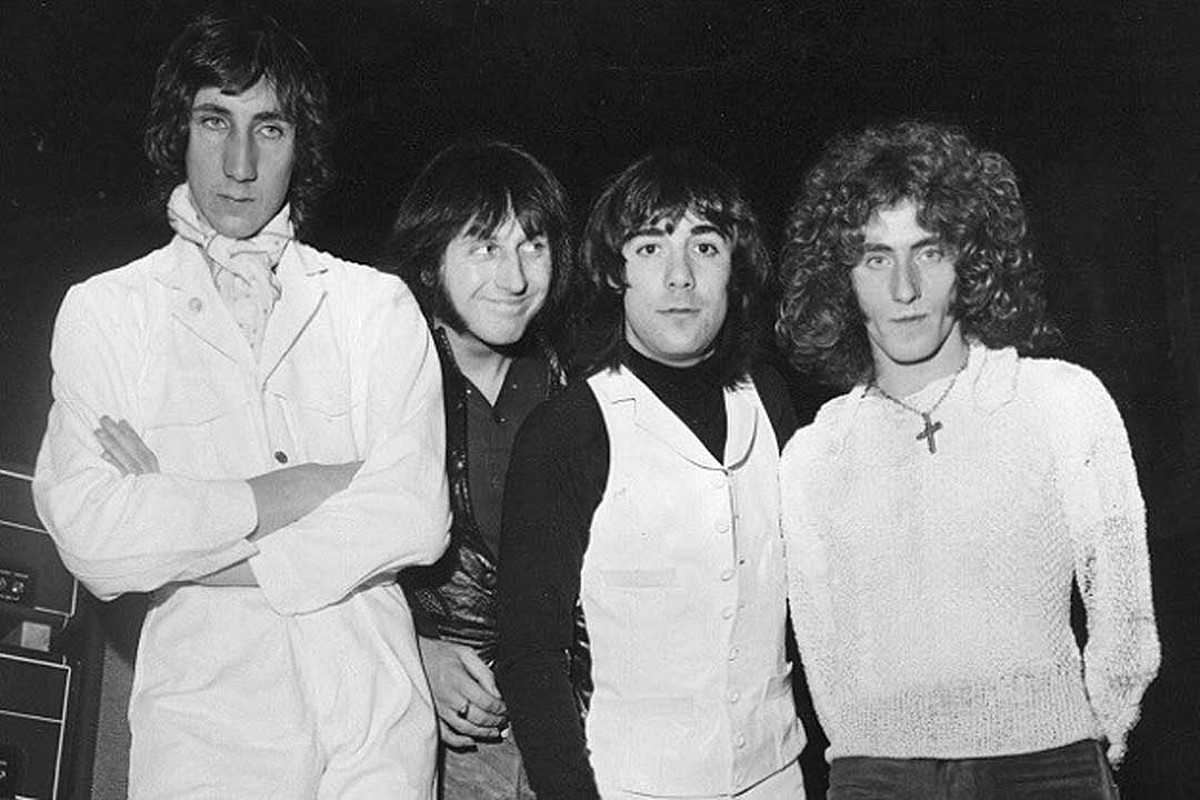“Who Are You” by The Who

“Who Are You” by The Who is one of the band’s most famous and defining tracks, released in 1978 as the title track of their album Who Are You. Written by Pete Townshend, the song became an anthem for the band’s introspective and rebellious spirit, capturing themes of identity, frustration, and self-reflection.

Musically, “Who Are You” is driven by a powerful mix of rock and progressive elements. The song features dynamic shifts in tempo, intricate guitar work by Townshend, and John Entwistle’s thunderous bass lines, creating a rich and complex sound. Keith Moon’s energetic drumming, one of his last contributions to the band before his death, adds a sense of urgency and chaos to the song, which complements Roger Daltrey’s commanding and passionate vocal delivery. The distinctive keyboard riff, played by Townshend, gives the song a memorable hook that anchors the track.

Lyrically, “Who Are You” reflects Townshend’s own personal struggles and the feeling of being lost amid fame and personal issues. The repeated question, “Who are you?” serves as a powerful refrain, representing a search for identity and clarity in a world that often feels confusing and overwhelming. The song also addresses Townshend’s frustration with the music industry and the pressures of fame, as he grapples with his place within the band and society at large. The lyrics are both personal and universal, as they speak to anyone who has ever questioned their purpose or direction in life.

The song became a major hit for The Who, reaching the top 20 on both the UK and US charts. It also gained even more prominence decades later when it was used as the theme song for the TV show CSI: Crime Scene Investigation, bringing it to a new generation of listeners.

In conclusion, “Who Are You” by The Who is a powerful and introspective rock anthem, characterized by its intricate musicianship, emotional depth, and timeless themes of identity and self-reflection. The song remains a standout in The Who’s catalog, representing both their musical prowess and the existential questions that defined much of their work.












